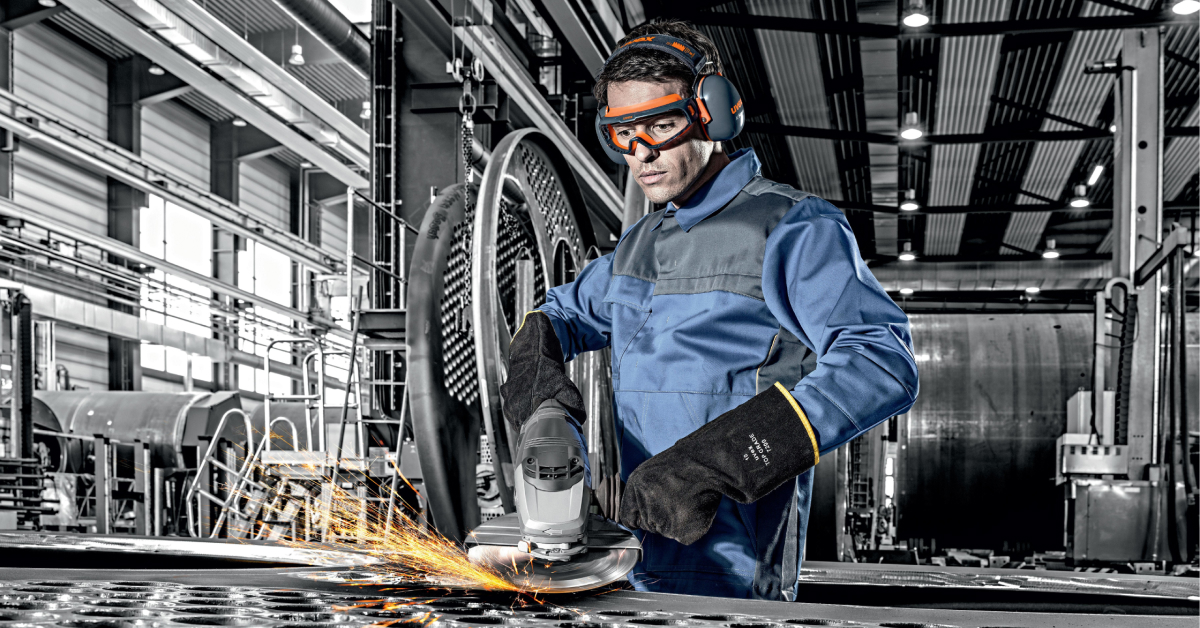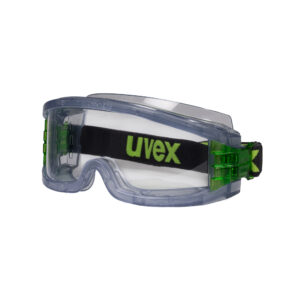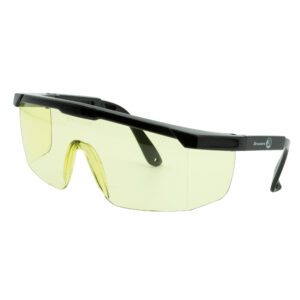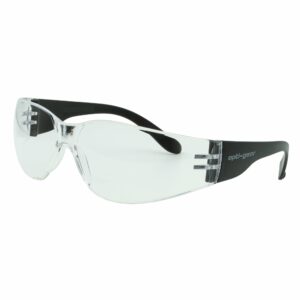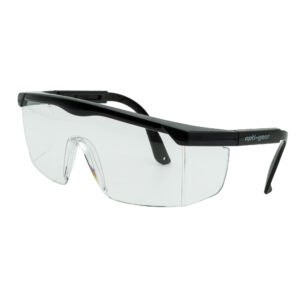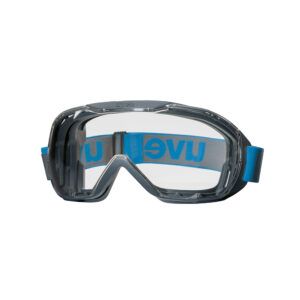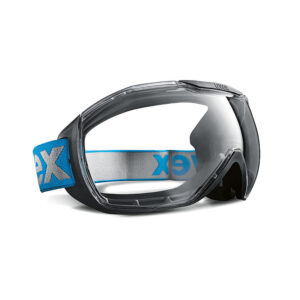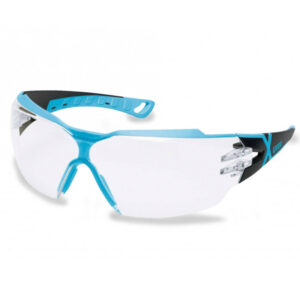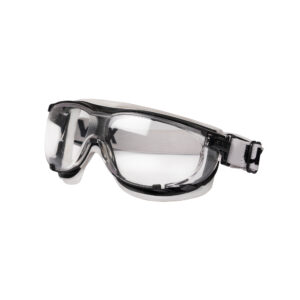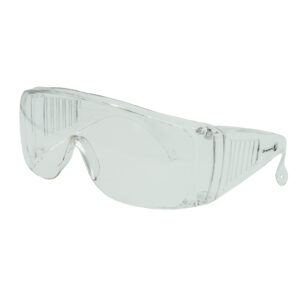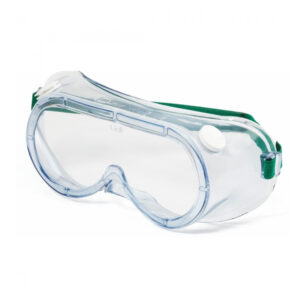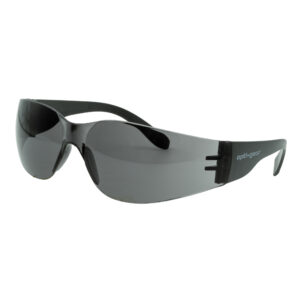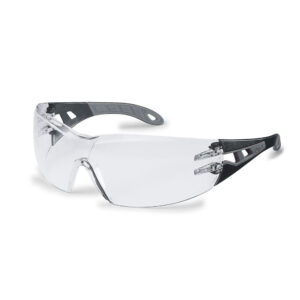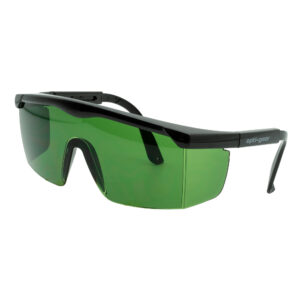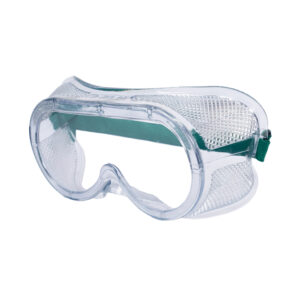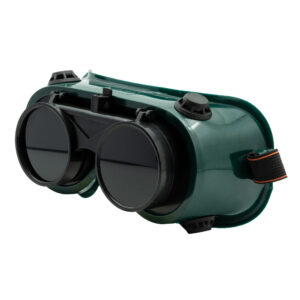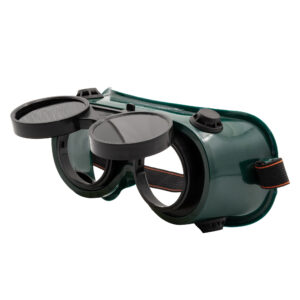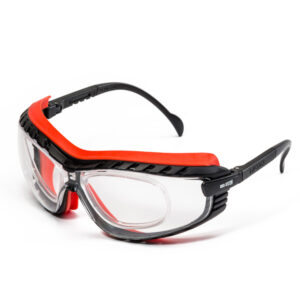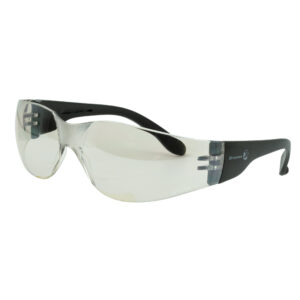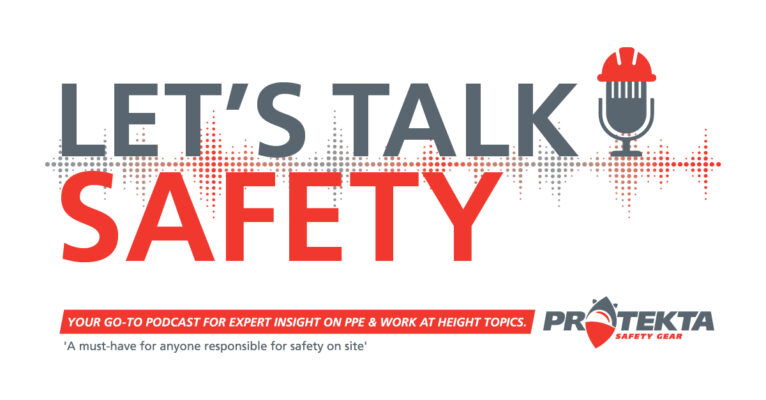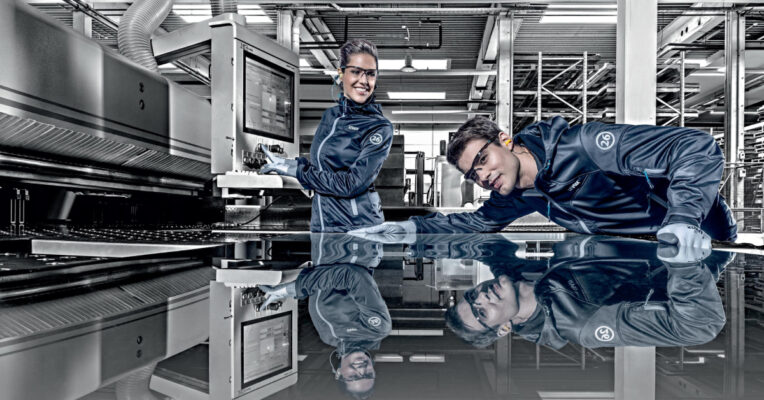Eye protection, Personal Protective Equipment, PPE
Things to Consider When Selecting Eye Protection (PPE) for Your Site
Selecting the right personal protective equipment (PPE) for eye safety is crucial for maintaining not only the health and safety of employees but also the operational efficiency of your site. Here are some key considerations, drawn from insights shared by Christo Nel, Managing Director of UVEX South Africa.
Understand the Specific Needs of Your Environment
Each worksite is unique, and the dangers vary significantly depending on the geographical location and industry sector. For instance, a mining site in South Africa will face different challenges compared to a pharmaceutical plant or a light manufacturing setup. It is essential to conduct a thorough assessment of the environment, identifying potential hazards like UV and infrared exposure, particulate matter, chemical splashes, and more. Understanding these specific needs is the first step towards choosing the right eye protection.
Ensure Proper Fit and Compatibility
The effectiveness of eye protection is highly dependent on its fit. Ill-fitting PPE can leave gaps that allow hazards to penetrate, rendering them ineffective. Moreover, the compatibility of eye protection with other safety equipment like masks, helmets, and earmuffs is crucial to ensure there are no gaps in safety coverage. Regular assessments of fit and compatibility should be incorporated into the PPE selection process, ensuring that the equipment protects adequately without causing additional hazards.
Opt for Customised Solutions
There is no “one size fits all” solution in safety equipment. Eye protection needs to be tailored not only to the risks of the job but also to the individual who wears them. Factors such as the shape of the face, personal comfort, and the specific tasks performed should all influence the selection of spectacles or goggles. Additionally, consider the working conditions, such as varying light conditions or temperature extremes, which can affect the performance of eye protection.
Choose the Right Coatings and Features
Advancements in PPE technology have introduced a variety of lens coatings that enhance protection and longevity. Options include anti-fog, anti-scratch, and UV protection coatings, each designed to address specific challenges. For instance, anti-fog coatings are crucial in environments where sudden temperature changes can obscure vision, leading to accidents. Understanding the benefits of these coatings and selecting the appropriate ones for your site’s conditions can greatly improve safety outcomes.
Evaluate the Long-term Costs and Benefits
Selecting eye protection should not only be about the upfront cost. Consider the long-term benefits of selecting higher-quality, durable PPE. Quality eye protection might come at a higher initial price but can lead to significant savings by reducing the frequency of replacements and minimising the risk of costly accidents. Additionally, quality eye protection contributes to sustainability by reducing waste and decreasing the environmental impact of your operations.
Foster a Culture of Safety
Lastly, the effectiveness of PPE is largely dependent on the culture of safety within the organisation. Training and continuous education about the proper use and maintenance of eye protection are vital. Engaging workers in discussions about PPE, encouraging feedback on equipment use, and making adjustments as needed can foster a proactive approach to workplace safety.
In conclusion, selecting the right eye protection involves a holistic approach that considers the specific needs of the site and its workers, the compatibility and comfort of the equipment, and the long-term benefits of investing in quality PPE. By doing so, you not only ensure compliance with safety standards but also support a culture of safety and awareness that benefits everyone on the site.
Click HERE to listen to Episode 5 of our podcast episode on eye protection.
View our spectacles and goggle options below.

